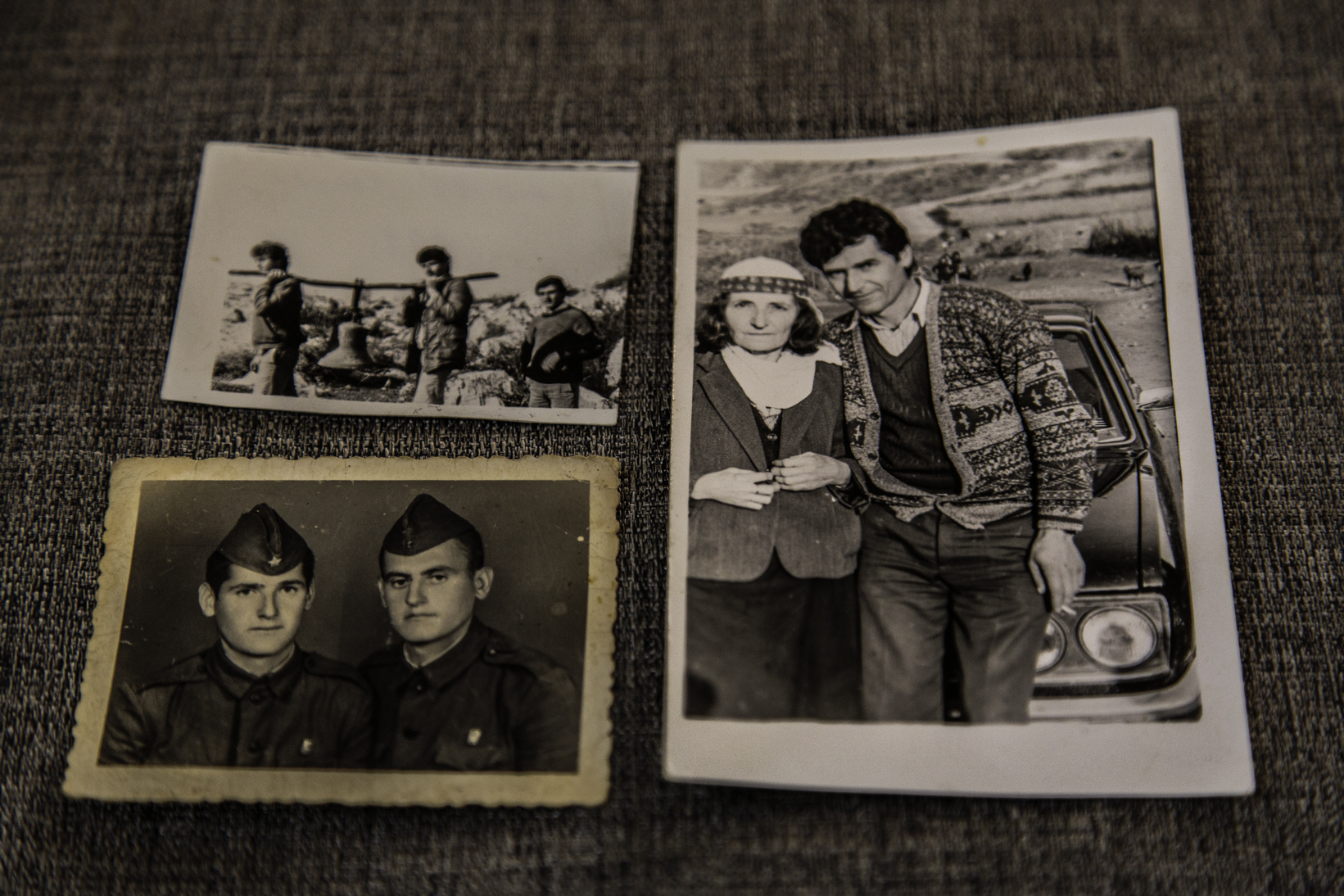
SHKODER – The Jaku family describes well the strong desire of the Albanian people to freely profess their religion, which manifested itself after the fall of the regime and mainly due to religious oppression.
Many have become priests and nuns, I would say that it has almost become a tradition even among many young people I met. Terezina, 36, the daughter of Mr. Vase has become a nun and has a sister and two female cousins who are also nuns.
She, like many Albanians, speaks Italian and helped me to converse with her father, born in 1950, in the midst of the communist storm.
Mr Vase told me: “It was like having a dead man in the house, sad, everything that was religious had to happen in secret”. At the age of 17 he began working the land in a cooperative in his area, after which, 2 years later, he served two years of compulsory service in the army.
He knew Mikel Beltoja, a priest who had become a martyr, and they often rode together in isolated areas to be able to speak freely.
In April 1973, however, Don Mikel was arrested on charges of carrying out religious services, taken by the hair and nearly beaten to death. When the day of judgment was set Mr Vase tried in every way to enter the court.
At that point, he listened with his own ears to the priest refusing to deny his faith in order to have his life saved and so he was sentenced to death. “When the agents took him away, Mikel was a skeleton, he couldn’t even get into the car, from then on I never saw him again,” he told me. He was shot on February 10, 1974.
At the age of 23 he married Vitore, born in 1954, who was 19. These are the years following the declaration of a secular state and the abolition of everything religious. For this they married in secret on a mountain.
After the marriage he was the head of a small cooperative that worked the land for a piece of bread a day, sugar and oil, this for his skill in accounting, and in the meantime he sold tobacco secretly. “We celebrated religious services in secret, with priests who came home dressed as peasants or painters to avoid being recognized”.
Today Mr Vase continues to sell tobacco and has a large family with 8 children. Between them two of his daughters and two of his nieces are nuns, he has grandchildren, and two of his sons live in Italy.

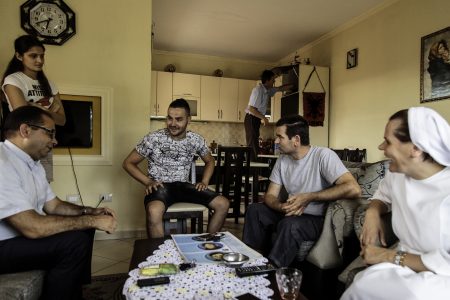
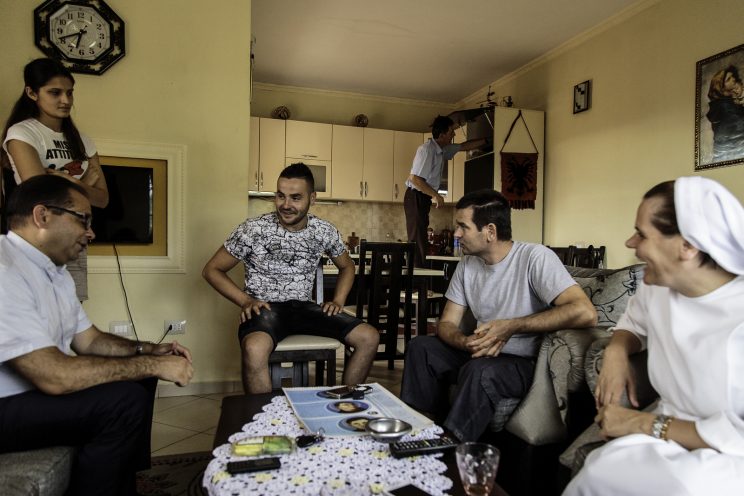
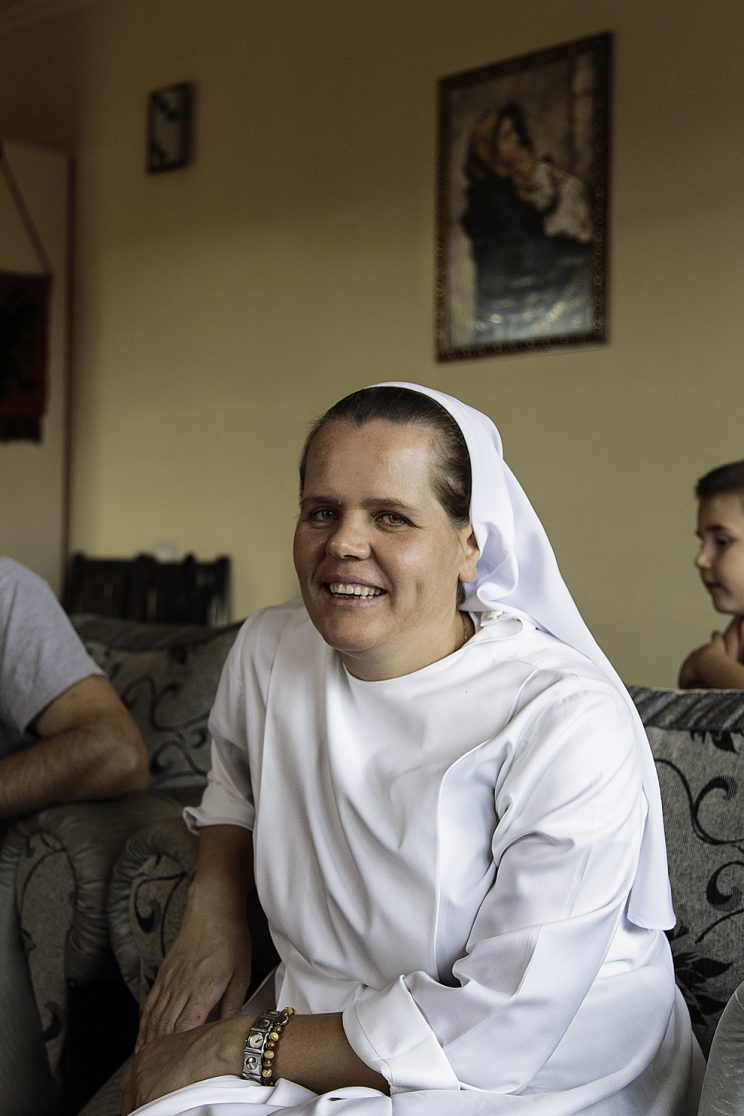
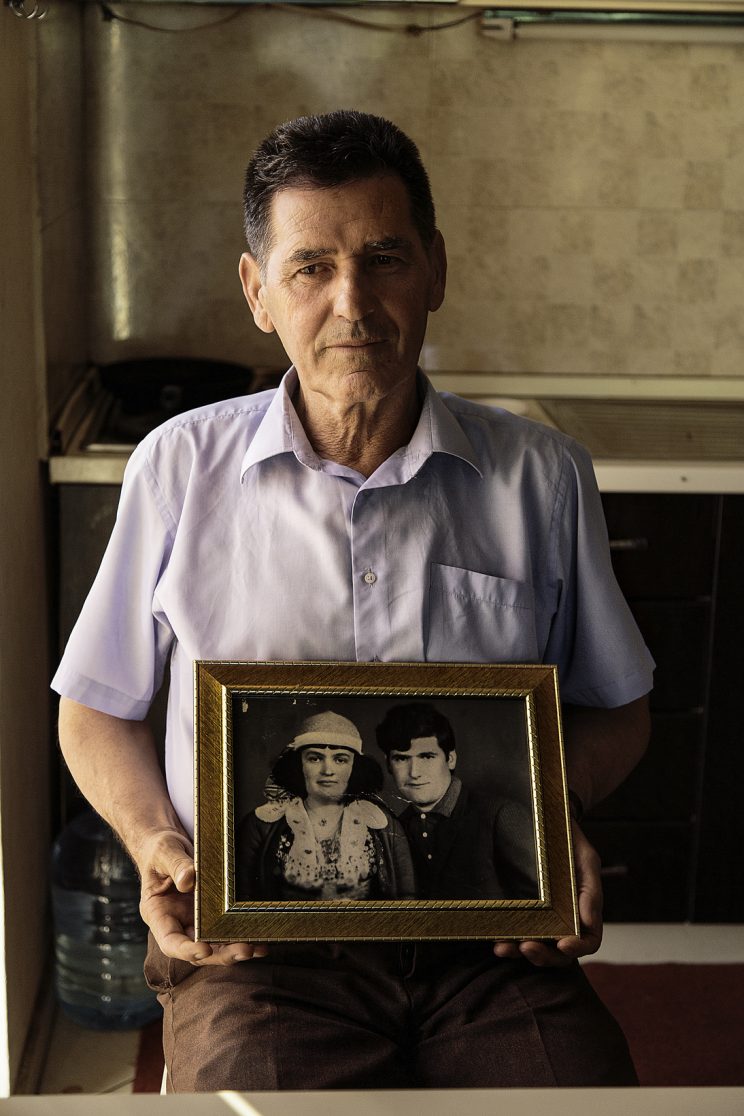
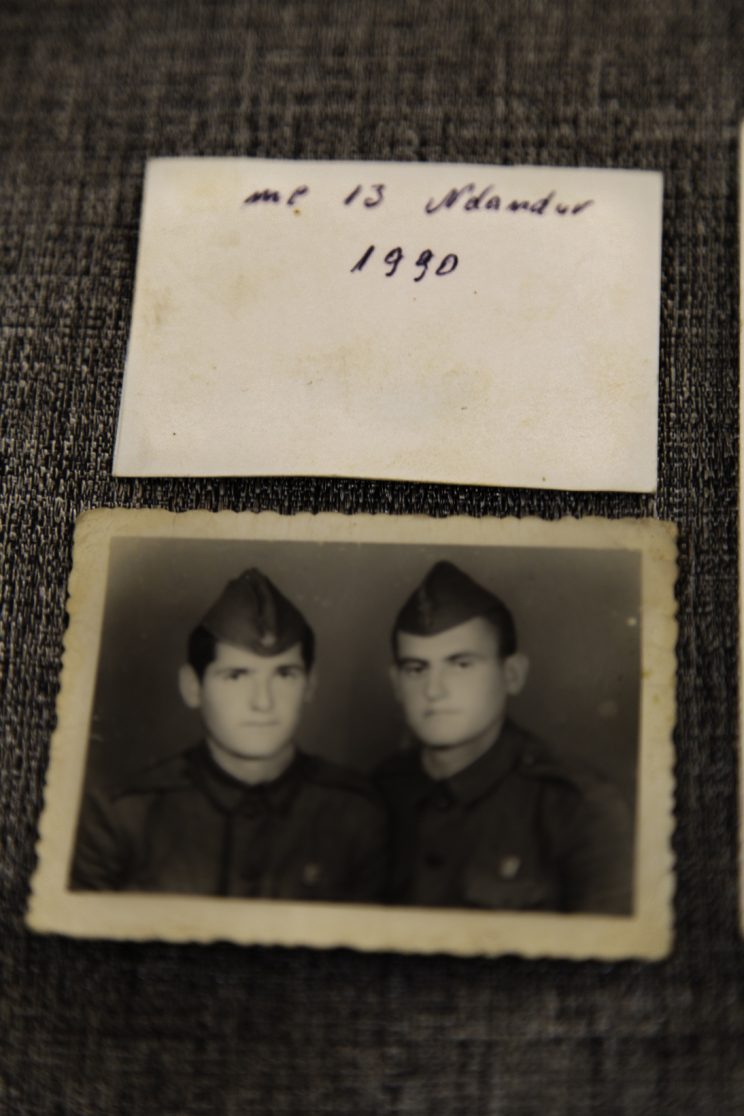
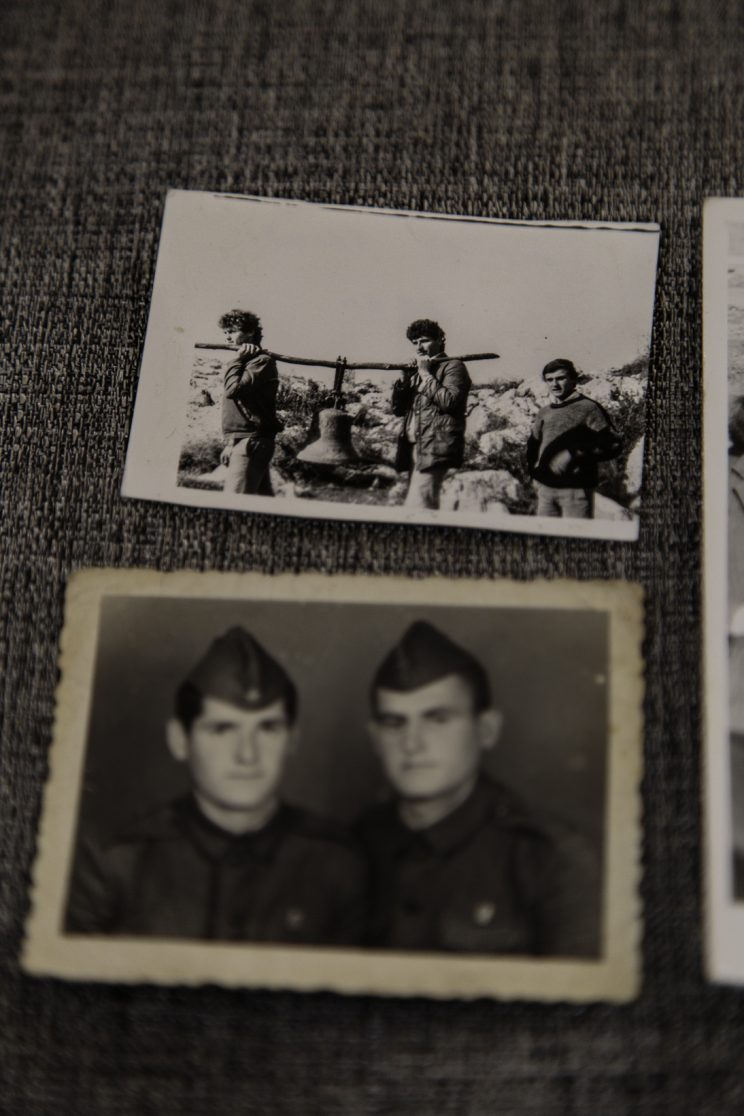
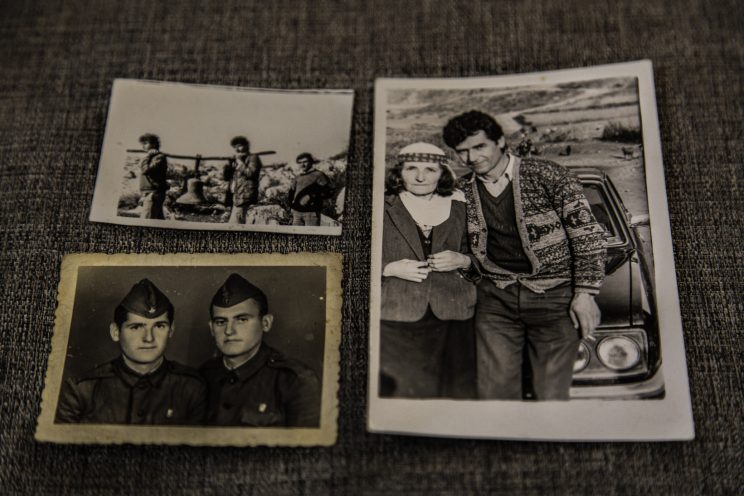
Devi accedere per postare un commento.